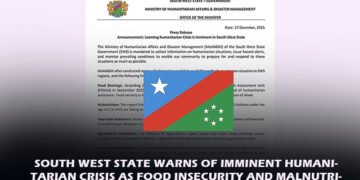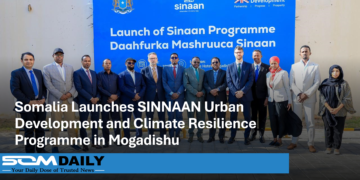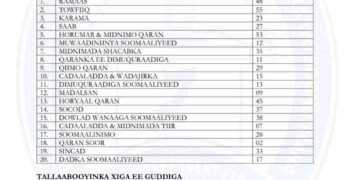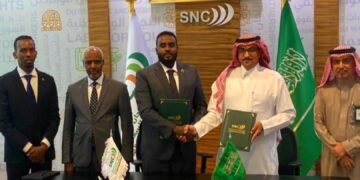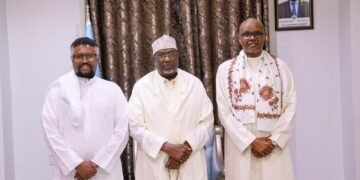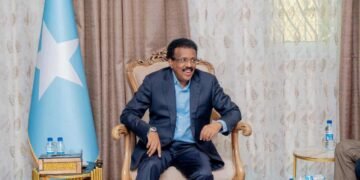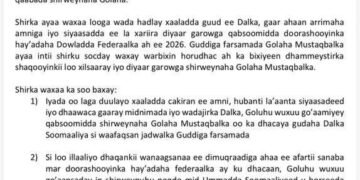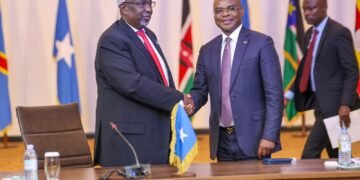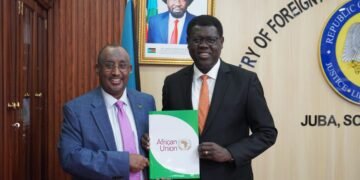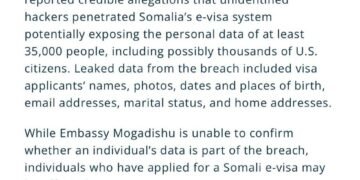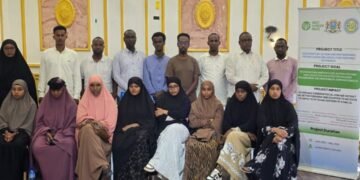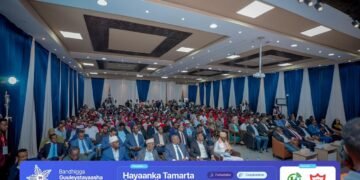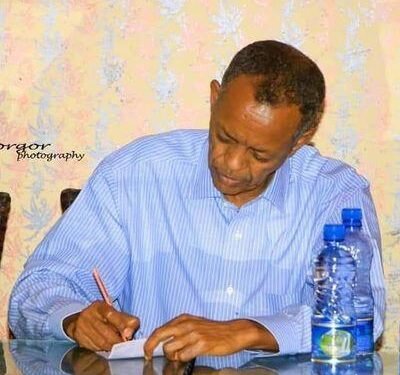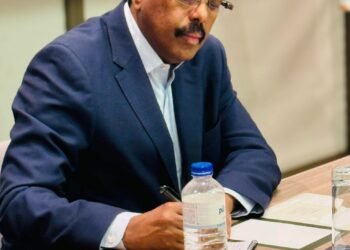Analysis by Feisal Rooble – The Ankara Declaration has ushered in a significant shift in Ethiopia’s stance on its relationship with Somalia, marking a potentially transformative moment in regional politics. Feisal Ali Rooble, a noted analyst, outlined key takeaways from the historic talks, shedding light on Ethiopia’s evolving policies and Somalia’s strategic positioning.
Ethiopia’s Major Concessions
The declaration highlights Ethiopia’s decision to abandon three long-held positions that previously strained relations with Somalia:
1. Recognition of International Conventions: Ethiopia has agreed to conduct its relations with Somalia in adherence to UN conventions and African Union principles. This includes respecting international maritime laws under the United Nations Convention on the Law of the Sea (UNCLOS).
2. Military Presence in Somali Waters: Ethiopia has officially renounced its intention to establish a military presence in Somalia’s waters. The declaration explicitly rules out the possibility of Ethiopian bases in Somali territory.
3. Commercial Engagement Under International Law: Ethiopia has committed to pursuing commercial interests through lawful agreements such as leases and rental arrangements, as outlined by UNCLOS. This is a notable shift from its previous approach, which often bypassed Somali federal authority.
The Implications for Somalia
The communique also underscores Ethiopia’s pledge to respect Somalia’s sovereignty—a commitment that has been questioned in the past due to Ethiopia’s controversial actions since the 1990s. While Ethiopia’s softened rhetoric is encouraging, Rooble cautioned Somali leaders to remain vigilant and ensure that future agreements prioritize Somalia’s territorial integrity and sovereignty.
The issue of Somalia acknowledging Ethiopian soldiers’ role in its security efforts has stirred debate. While Somali political leaders have collaborated with Ethiopia in the past, the Somali public remains skeptical of Ethiopia’s intentions, citing decades of mistrust.
The Role of Somaliland and Ports Access
A critical question arising from the declaration is whether Ethiopia will seek access to Somaliland’s ports, such as Berbera, under the jurisdiction of the Federal Government of Somalia, should Somaliland reintegrate with Somalia. While such scenarios are speculative, Rooble noted that Ethiopia appears willing to work through federal channels, a departure from its previous unilateral actions.
Turkey’s Guarantor Role
Turkey’s involvement as a guarantor of the Ankara Declaration adds another layer of credibility to the process. Its mediating role could ensure adherence to the principles outlined in the communique, particularly on issues of Somali sovereignty and regional stability.
Transparency and Parliamentary Oversight
Rooble emphasized the importance of involving the Somali parliament in reviewing and consenting to any final agreements. Transparency in these negotiations will be crucial for ensuring public trust and fostering national unity.
Looking Ahead
The Ankara Declaration represents a milestone in Somali-Ethiopian relations, with Addis Ababa showing unprecedented flexibility on contentious issues. However, the real test lies in the implementation of these commitments and whether they lead to lasting cooperation.
For Somalia, this is an opportunity to assert its sovereignty while navigating complex regional dynamics. The agreement also presents a chance for Ethiopia to repair its image and establish a mutually respectful partnership with its neighbor.
As Rooble aptly summarized, “Ethiopia moved the post of politics of the sea and softened its positions, while Somalia stood firm on principles of sovereignty and mutual benefit.” The coming months will determine whether the Ankara Declaration serves as a foundation for enduring peace and cooperation in the Horn of Africa.

Feisal Roble
Writer & Political Analyst



